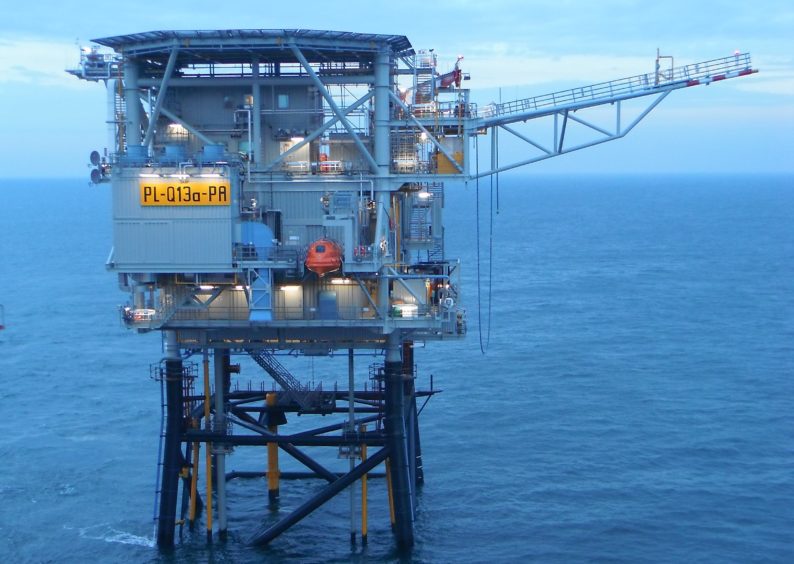
Neptune Energy has announced it will partner with Dutch energy infrastructure firm, Gasunie, on the PosHYdon pilot, the world’s first offshore green hydrogen project.
PosHYdon currently works as part of three energy systems in the Dutch North Sea involving offshore wind, offshore gas and offshore hydrogen.
The plans involve the installation of hydrogen-producing plant on the Neptune-operated Q13a platform.
Gasunie, which manages and maintains infrastructure for large-scale transport and storage of gases in the Netherlands and northern Germany, will join the PosHYdon consortium alongside Nogat BV and Noordgastransport BV, who each own large gas transport pipelines in the North Sea.
Lex de Groot, managing director of Neptune Energy in the Netherlands, said: “The pipelines and infrastructure at sea of Nogat and Noordgastransport are already suitable for hydrogen and that is good news as offshore production will continue to be crucial to meet Dutch energy demand.
“The Netherlands is in a special position as, in addition to an extensive gas infrastructure network, we can harvest large amounts of wind energy in the North Sea, quantities that are also important internationally.
“The wind energy can be used to generate hydrogen, then transport onshore along with natural gas via the existing large pipelines of NOGAT and Noordgastransport for customers in industry, the transport sector and for Dutch homes.
“PosHYdon is key to accelerating this.”
Electricity generated by offshore wind turbines will be used to power the hydrogen plant on the Q13a platform, converting seawater into demineralized water, then into hydrogen via electrolysis.
The aim of the pilot is to gain experience of integrating working energy systems at sea and the production of hydrogen in an offshore environment.
Han Fennema, chief executive of N.V. Nederlandse Gasunie, added: “The Netherlands is in a strong position to lead the transition to a hydrogen economy.
“We have the North Sea for the production of wind and gas, the ports as logistics hubs, the industrial clusters that want to switch to green molecules and excellent infrastructure for transport and storage.
“This comes together nicely in the Netherlands. If we want to achieve our climate ambitions, we must have a large-scale hydrogen infrastructure in good time. This pilot project can be an important step in the right direction. ”
Recommended for you
